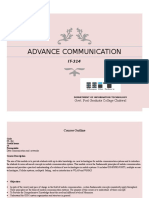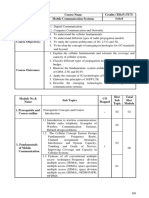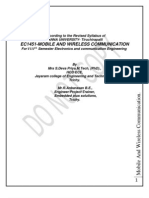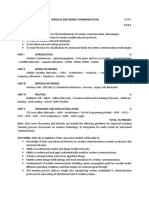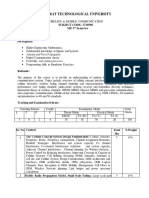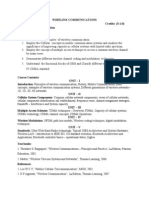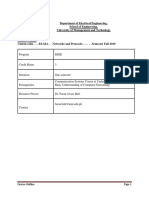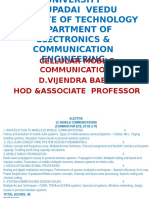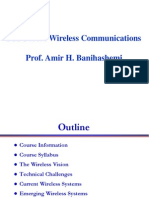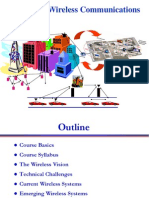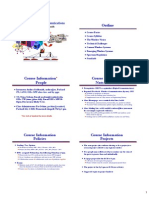0% found this document useful (0 votes)
61 views5 pagesCourse Outline For Wireless and Mobile Computing2020
yes
Uploaded by
Mohamed Abdurahman AdowCopyright
© © All Rights Reserved
We take content rights seriously. If you suspect this is your content, claim it here.
Available Formats
Download as DOCX, PDF, TXT or read online on Scribd
0% found this document useful (0 votes)
61 views5 pagesCourse Outline For Wireless and Mobile Computing2020
yes
Uploaded by
Mohamed Abdurahman AdowCopyright
© © All Rights Reserved
We take content rights seriously. If you suspect this is your content, claim it here.
Available Formats
Download as DOCX, PDF, TXT or read online on Scribd
/ 5




















